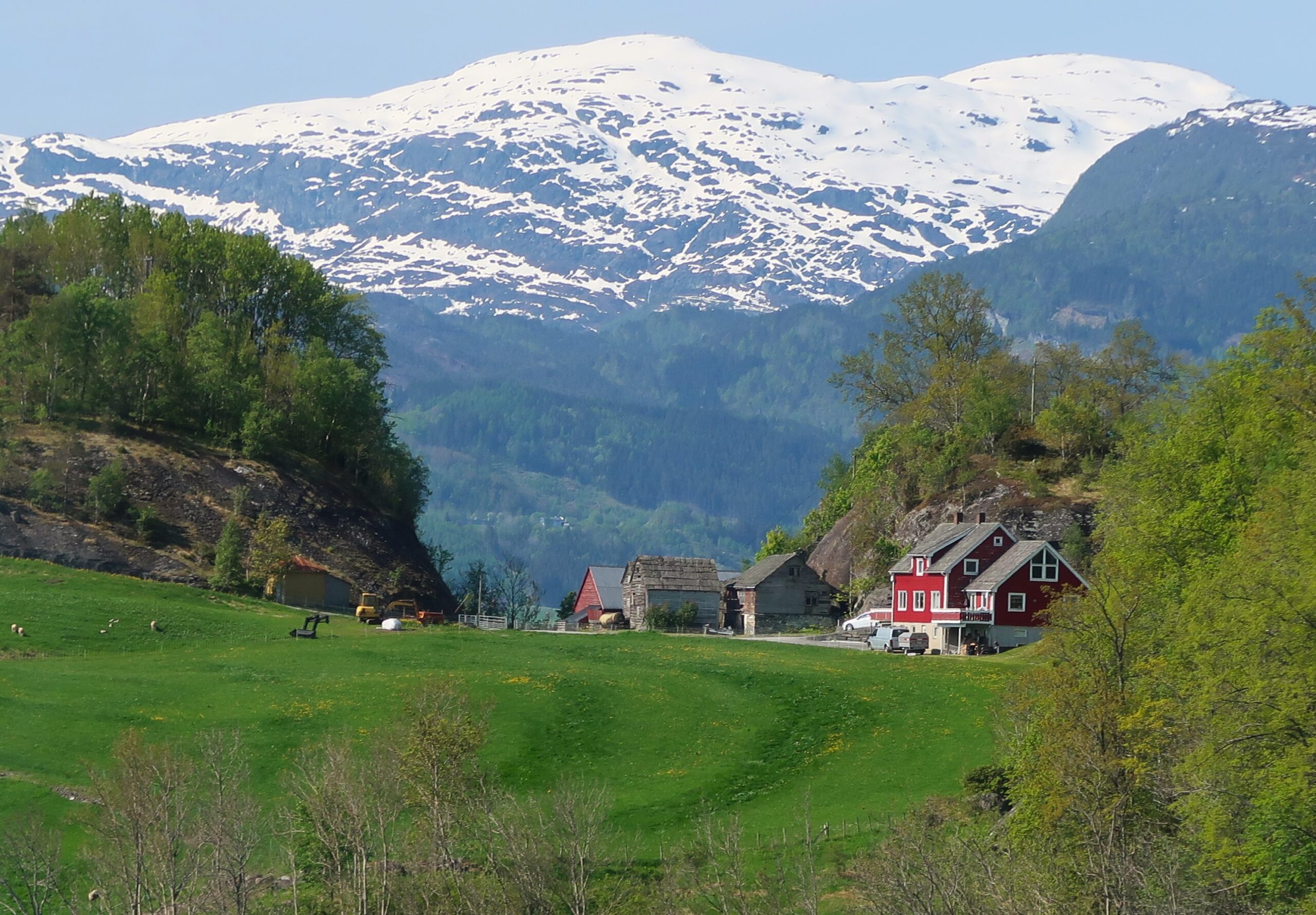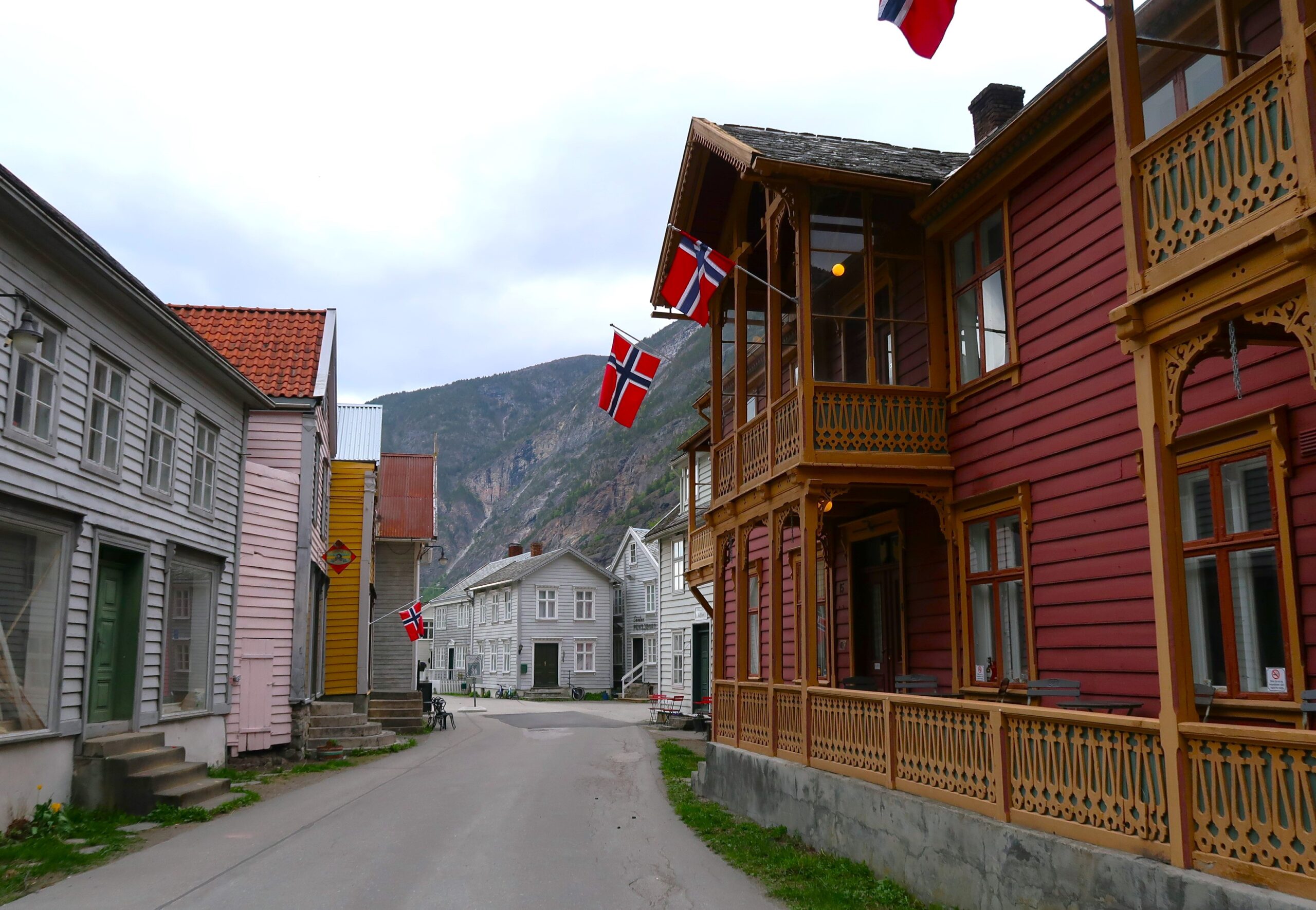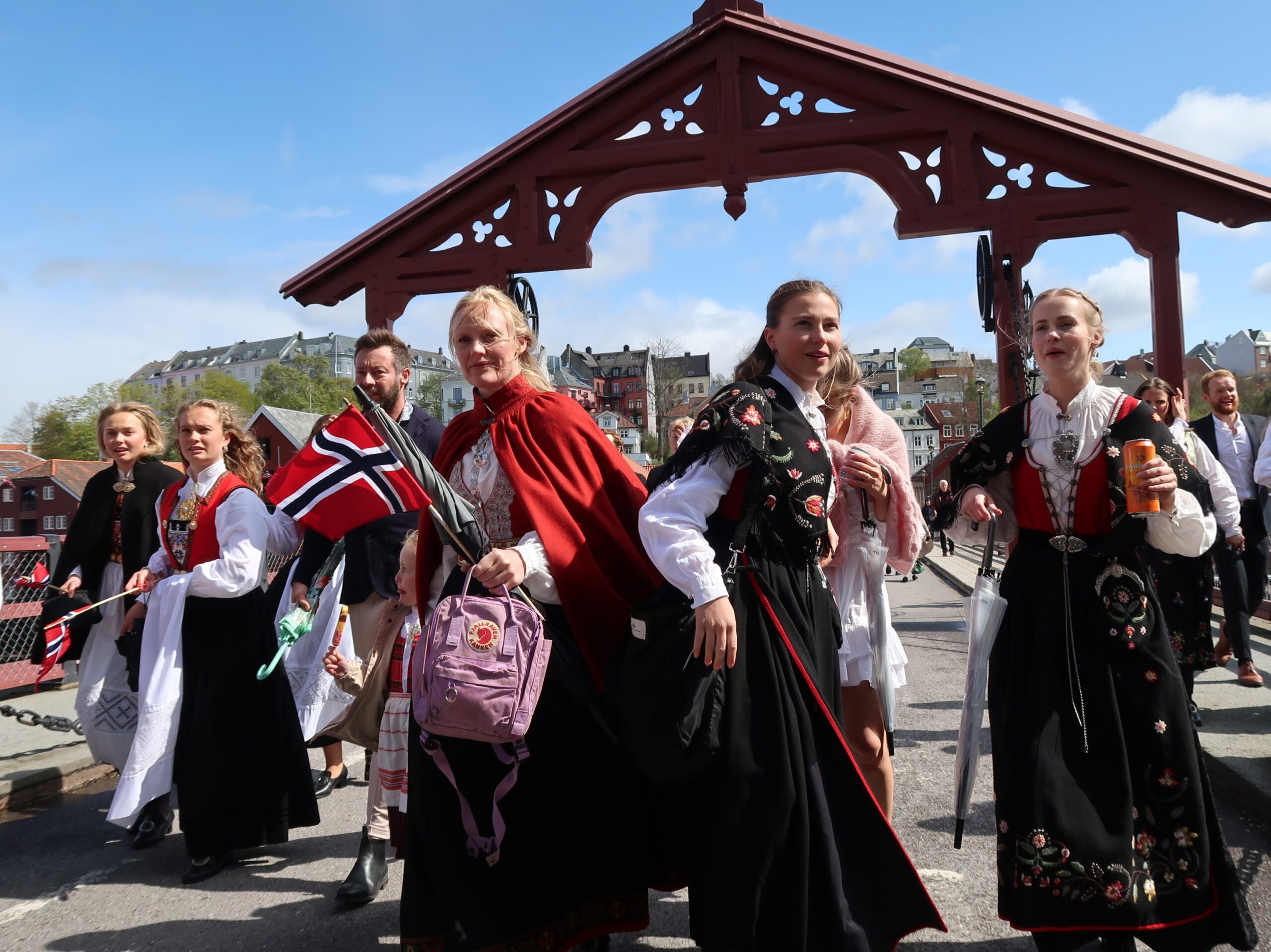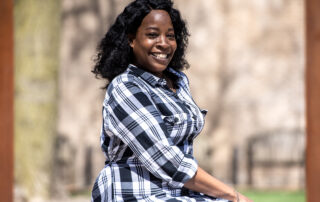People find happiness in all sorts of ways: listening to music, hiking or spending quality time with loved ones. But what if our state of bliss was actually dependent on our geography? Writer Eric Dregni explored this idea after traveling overseas.
==
Wisconsin as the Happiest State? Look to Norway!
Several years ago, Norway was declared the “happiest country in the world.” I wondered, did I miss something? My wife and I lived in Norway 19 years ago and struggled through the mørketid, or “dark time,” in the winter. Don’t get me wrong. Norway is squared away, but “happy”?
Previously, the Danes had the title of the happiest country. An honorary consul of Denmark told me, “The Danes are so happy because they have low expectations. If you don’t expect anything good to happen, everything is fine.” She said, “I wake up thinking that I could be dead. If I’m alive, then I’m happy.” That’s a pretty low bar.
I returned to Norway to find out for myself. Perhaps a state like Wisconsin—with an almost identical population and similar climate—could follow Norway’s example to become the “happiest state in the Union.”
I stayed with Norwegian friends and family from Oslo to north of the Arctic Circle. Incredibly they all had a list ready of why Norway is so darn happy. I took notes so Wisconsin could follow suit:
- Universal health care for everyone at less than half the cost per person of the U.S. Imagine cutting out the bureaucracy of insurance! “It’s not just the money,” Kari Smith from Bergen told me. “You can get sick without having to worry.”
- Free college education at all public universities. Of course, “free” means it’s covered by taxes, but it’s just like extending “free” high school education into college.
- Vacations. My Norwegian friends talked about their annual trips to the Mediterranean because they get four to five weeks off each year – and an extra week if they’re more than 60 years old. In the U.S., we have no law requiring employers to give time off.
- Pensions to retire comfortably. When oil was discovered in 1969, Norway wisely declared that all the profits belong to the Norwegian people rather than letting a company like Exxon make out like bandits. Now Norway has 1.3 trillion dollars in its pension fund.
- Nature. This is a big one. Get outside every day since “there is no bad weather, only bad clothes,” as Norwegians say. They walk all the time, and I never saw more than one car per family. Speaking of that, last year 80% of new car sales were electric and by 2025, car dealers can only sell electric vehicles.
- Dugnad. This old Norse word essentially means volunteer work. Knut Bull in Oslo told me, “All neighbors chip in and help because you never know when you’ll need help in the future. This is why Norwegians seem eager to pay taxes.” Another way to put it is “we all do better when we all do better” or even more simply, “feed the hungry; house the homeless.”
- Don’t work too much. I suppose this goes along with taking a vacation. Jarle Nesvaag told me. “No one has to have two to three jobs as you do in America. We need to pay people a living wage even if they work in fast food.”
- Pay your taxes. This one surprised me since I don’t know any American who is excited to pay taxes. Joffe Urnes in Trondheim told me. “Absolutely yes, I’m very proud to pay taxes.” Perhaps this is because the rich pay a larger percentage in Norway and the middle class pay slightly less than the U.S. A Norwegian economist told me, “Taxes in the U.S. used to be up to 94% for the billionaires but have plummeted to allow the wealth gap to explode.”
- Keep it safe. All of these things I’ve mentioned make for a less stressed, and dare I say “happy,” population. Maybe this is why only 27 people were murdered in all of Norway in 2021, compared to 214 killed in Milwaukee alone in 2022.
- Conquer poverty. Most important, I realized I never saw anyone homeless or in dire straits, even in the big city of Oslo, but maybe they were around. No one was bankrupt from unpaid health bills, but no one was wildly wealthy either.
That’s a big list that requires many systemic changes. On a personal level to get happy, I can try not to work so much, help out my neighbors, and take a nice walk.













